Vitamin C, ascorbic acid, is essential for humans and other animal species. It plays several vital roles in the body. Vitamin C is found in various foods, especially fruits and vegetables.
Vitamin C (L-ascorbic acid, L-AA, or ascorbic acid) is significant in plant organisms. It is naturally and technically synthesized from sugar–D–glucose. Chemically pure, it is in the form of a water-soluble![]() , slightly acidic powder.
, slightly acidic powder.
In the organisms of plants and animals, the synthesis of vitamin C![]() proceeds through various pathways. In plants, glucose is directly metabolized. However, in animals, glucuronic acid is an intermediate metabolite. The name ascorbic acid comes from the word scorbutus, the Latin name for a multi-organ disease caused by vitamin deficiency in the diet. The dominant symptoms of scurvy
proceeds through various pathways. In plants, glucose is directly metabolized. However, in animals, glucuronic acid is an intermediate metabolite. The name ascorbic acid comes from the word scorbutus, the Latin name for a multi-organ disease caused by vitamin deficiency in the diet. The dominant symptoms of scurvy![]() , the most commonly associated clinical effect of vitamin C deficiency, are related to connective tissue pathology.
, the most commonly associated clinical effect of vitamin C deficiency, are related to connective tissue pathology.
Vitamin C is a coenzyme involved in the forming of cross-links of tropocollagen, the basic building block of connective tissue – collagen![]() . Vitamin deficiency blocks the development of the final collagen structure, which leads to:
. Vitamin deficiency blocks the development of the final collagen structure, which leads to:
Vitamin C is essential for survival. It's a fact. The human body cannot synthesize it on its own, so we must constantly supply it from outside sources. It's a bit different in the animal world. Most of them produce this compound themselves.
Ascorbic acid has countless functions in the body. It enables the proper functioning of enzymes in many chemical reactions. Vitamin C participates in the synthesis of collagen, L-carnitine, and some hormones. The production of collagen is one of the most important functions of vitamin C. This protein is needed for bones, teeth, skin, and eyes to function properly.
The body relies on vitamin C for various processes, including converting cholesterol to bile acids![]() . Additionally, it plays a critical role in the body's antioxidant process. Ascorbic acid is one of the most popular antioxidant substances that fight free radicals. Free radicals are harmful molecules that can damage meaningful structures such as proteins and DNA. Vitamin C, as an antioxidant, neutralizes excess.
. Additionally, it plays a critical role in the body's antioxidant process. Ascorbic acid is one of the most popular antioxidant substances that fight free radicals. Free radicals are harmful molecules that can damage meaningful structures such as proteins and DNA. Vitamin C, as an antioxidant, neutralizes excess.
The properties of ascorbic acid are also associated with increased iron absorption, which is significant information, especially for people with iron deficiency anemia. Taking preparations with iron with vitamin C increases the absorption of these substances. Ascorbic acid also supports the proper functioning of the nervous system![]() and affects the immune system.
and affects the immune system.
Vitamin C is essential in cosmetology due to its two main benefits: it aids in collagen production and neutralizes free radicals. That's why it is commonly found in various cosmetics and preparations used during specialized face and body treatments. It is needed to maintain a healthy complexion and also has a role in delaying the aging process of the skin![]() .
.
Excessive exposure to UV radiation can lead to oxidative stress and an overabundance of free radicals within the body. To combat this, ascorbic acid's antioxidant properties can be utilized. Vitamin C helps to slow down photoaging of the skin, lowers the risk of discoloration, and has anti-inflammatory effects.
Vitamin C is otherwise known as ascorbic acid or L-ascorbic acid. They are different names for the same substance. The myth of “left-turned” vitamin C probably stemmed from a misconception of the “L” symbol. However, it has nothing to do with optical rotation and does not mean that this vitamin is turned left.
All drugs, supplements, or foodstuffs contain the same form of vitamin C. So, regardless of the marking on the packaging, whether as vitamin C, ascorbic acid, or L-ascorbic acid, we always deal with the same compound.
The biologically active form of vitamin C we are talking about is dextrorotatory. Adding information about the levorotatory vitamin C![]() on the labels of various preparations or drugs is a deliberate or unconscious duplication of the error. The levorotatory isomer of ascorbic acid is not a vitamin and is only used to preserve food.
on the labels of various preparations or drugs is a deliberate or unconscious duplication of the error. The levorotatory isomer of ascorbic acid is not a vitamin and is only used to preserve food.
The dosage of vitamin C![]() varies depending on gender, age, general health, lifestyle, presence of chronic diseases, and exposure to stress. It increases in people who smoke cigarettes and live in constant tension, as well as in pregnant women and breastfeeding mothers. In smokers, the need for ascorbic acid increases by about 40% compared to the general guidelines in a given age group. It is also higher in athletes and people who train for a long time and have intense training.
varies depending on gender, age, general health, lifestyle, presence of chronic diseases, and exposure to stress. It increases in people who smoke cigarettes and live in constant tension, as well as in pregnant women and breastfeeding mothers. In smokers, the need for ascorbic acid increases by about 40% compared to the general guidelines in a given age group. It is also higher in athletes and people who train for a long time and have intense training.
The Institute of Medicine (Food and Nutrition Board) recommends the following daily dose of vitamin C per day:
| infants from birth to 6 months | 40 mg |
| children from 7 to 12 months | 50 mg |
| children from a year to 3 years | 15 mg |
| children from 4 to 8 years | 25 mg |
| children from 9 to 13 years | 45 mg |
| boys from 14 to 18 years | 75 mg |
| girls from 14 to 18 years | 65 mg |
| men older than 19 years | 90 mg |
| women older than 19 years | 75 mg |
| pregnant women | 80-85 mg |
| lactating women | 115-120 mg |
The daily requirement for vitamin C can be met by eating enough vegetables and fruits![]() . A rich source of this compound is parsley, paprika, acerola, wild rose, blackcurrant, kiwi, and citrus fruits. For example, 100 g of blackcurrants is about 180 mg of vitamin C. Peppers of the same weight have about 140 mg of ascorbic acid, and oranges are about 50 mg.
. A rich source of this compound is parsley, paprika, acerola, wild rose, blackcurrant, kiwi, and citrus fruits. For example, 100 g of blackcurrants is about 180 mg of vitamin C. Peppers of the same weight have about 140 mg of ascorbic acid, and oranges are about 50 mg.
With a rational diet, healthy people should not have any difficulties in providing the body with the necessary dose of vitamin C in food. However, it is worth knowing that this substance is a very unstable compound.

Only cooking![]() vegetables or fruits deprives them of vitamin C by about 50%. It is not only sensitive to heat but also to light. That is why, to protect its effectiveness, skin care products with vitamin C are typically packaged in dark jars or vials.
vegetables or fruits deprives them of vitamin C by about 50%. It is not only sensitive to heat but also to light. That is why, to protect its effectiveness, skin care products with vitamin C are typically packaged in dark jars or vials.
Vitamin C also becomes partially inactive during intensive defrosting or heating of food![]() . Since this substance is well soluble in water, instead of boiling in water, steaming is preferable. Keeping vegetables and fruits for too long or storing them in inappropriate conditions also deprives them of vitamin C. It is better to extend the shelf life of such products by freezing them if possible.
. Since this substance is well soluble in water, instead of boiling in water, steaming is preferable. Keeping vegetables and fruits for too long or storing them in inappropriate conditions also deprives them of vitamin C. It is better to extend the shelf life of such products by freezing them if possible.
The available studies do not show significant differences in the bioavailability of vitamin C![]() taken from food compared to synthetic ascorbic acid. For a long time, there was a belief that vitamin C would be much better absorbed in its natural form, from vegetables or fruits, than from tablets. The current state of knowledge contradicts this.
taken from food compared to synthetic ascorbic acid. For a long time, there was a belief that vitamin C would be much better absorbed in its natural form, from vegetables or fruits, than from tablets. The current state of knowledge contradicts this.
So, regardless of whether we take synthetic or natural vitamin C, the same chemical compound with very similar biological activity gets into the body.
Vitamin C deficiency can occur primarily in the elderly, those living alone, using a poor, monotonous diet, living with chronic stress, or smoking cigarettes.
Symptoms associated with vitamin C deficiency include:
Scurvy, a disease, can develop if there is a significant lack of vitamin C in the body. Currently, it is practically absent in developed countries. Scurvy is characterized by:
The importance of vitamin C cannot be overstated as it helps in maintaining the overall functioning of the body, boosts the immune system, and supports the circulatory system. A deficiency of this essential vitamin can significantly affect different aspects of our lives. Research has shown that cancer patients and those with thyroid disorders often have insufficient levels of vitamin C. Additionally, individuals with dermatological diseases have lower levels of this vitamin in their skin. Inflammation caused by acne, psoriasis, or atopic dermatitis can lead to increased consumption of vitamin C due to intensified oxidative processes in the skin.
As mentioned above, ascorbic acid has many positive benefits for our bodies. Continue reading to dispel some myths.
Vitamin C has been used mainly to prevent and treat the common cold.![]() There is a widespread belief that ascorbic acid increases immunity and protects against the development of the disease.
There is a widespread belief that ascorbic acid increases immunity and protects against the development of the disease.
It turns out that L-ascorbic acid supports the immune system, but it is not entirely clear how. Secondly, the available scientific data rather conclusively confirm that vitamin C supplementation does not protect against the appearance of the disease. It slightly reduces the duration of cold symptoms.
However, athletes have observed a positive impact on disease prevention using ascorbic acid. This could be due to the body's increased need for vitamin C during intense physical activity.

Another application of vitamin C is cancer![]() because it has been noticed that cancer patients tend to have lower levels of ascorbic acid. This leads to the query of whether addressing these deficiencies can enhance one's health.
because it has been noticed that cancer patients tend to have lower levels of ascorbic acid. This leads to the query of whether addressing these deficiencies can enhance one's health.
The available research results do not give a clear answer. Taking vitamin C by cancer patients allowed them to obtain an anti-cancer effect in some patients. However, we still do not know enough to determine the effect of using vitamin C infusions in patients with specific cancers. So far, no evidence would confirm the effectiveness of using this substance in cancer. There are also reports of the effect of vitamin C supplementation on blood vessels and cardiovascular diseases. However, more research is needed.
Ascorbic acid supplements can be taken by people whose diet is unlikely to meet the daily requirement for this compound – for example, the ones with a diet low in fruits and vegetables. Smokers![]() and people who exercise very intensively should also look at the meals they eat, and if necessary, reach for appropriate preparations with vitamin C. The groups of patients mentioned above, most at risk of deficiencies of this substance, may also benefit from its supplementation.
and people who exercise very intensively should also look at the meals they eat, and if necessary, reach for appropriate preparations with vitamin C. The groups of patients mentioned above, most at risk of deficiencies of this substance, may also benefit from its supplementation.
Based on guidelines for dietary supplements, the suggested daily intake of ascorbic acid should not exceed 1000 mg![]() . Taking excessive amounts of vitamin C is not medically necessary and can have negative effects on the body.
. Taking excessive amounts of vitamin C is not medically necessary and can have negative effects on the body.
The body copes with too much of this substance by excreting it in the urine. However, its excess leads to increased excretion of oxalate and uric acid, which promotes the formation of kidney stones. It is dangerous for people with a tendency to their development or those suffering from kidney stones.
Vitamin C used in high doses can also cause digestive ailments, such as diarrhea and abdominal pain. High doses of ascorbic acid should also not be taken by people who are prone to accumulate iron in the body and patients with gastric ulcer disease.
To ensure optimal absorption without burdening the body, it is advised to use lower amounts of vitamin C that align with the recommended daily doses of ascorbic acid. This way, the body can absorb almost all of the vitamin C without any unnecessary strain.
Vitamin C is a component of many pharmacy preparations. It has a different dose and form. Some supplements are available in the form of extended-release capsules. Does this form provide a better effect of ascorbic acid? This is rather unlikely. Although there were few studies on this subject, the available ones did not show differences in the absorption of ascorbic acid from a regular tablet or capsule and from the extended-release form.

Liposomal vitamin C![]() is also becoming popular. When enclosed in liposomes, substances are absorbed more effectively. This procedure is used in many cosmetics. Liposomes enable better penetration of active substances through the layers of the skin. As for oral vitamin C preparations, too little data is available to conclude that they are more effective than a regular tablet.
is also becoming popular. When enclosed in liposomes, substances are absorbed more effectively. This procedure is used in many cosmetics. Liposomes enable better penetration of active substances through the layers of the skin. As for oral vitamin C preparations, too little data is available to conclude that they are more effective than a regular tablet.
There is ascorbic acid in different chemical compounds forms like potassium ascorbate![]() , sodium ascorbate
, sodium ascorbate![]() , or calcium ascorbate
, or calcium ascorbate![]() . Sometimes they are recommended to people who use ordinary ascorbic acid irritates the delicate gastric mucosa. However, sodium ascorbate is not the best compound for people suffering from hypertension, due to the significant amounts of sodium. Hypertensive patients who need to limit the amount of potassium should not take potassium ascorbate. Patients with renal insufficiency should also watch out for these forms. Therefore, when choosing vitamin C in a form other than ordinary ascorbic acid, pay attention to the content of additional minerals.
. Sometimes they are recommended to people who use ordinary ascorbic acid irritates the delicate gastric mucosa. However, sodium ascorbate is not the best compound for people suffering from hypertension, due to the significant amounts of sodium. Hypertensive patients who need to limit the amount of potassium should not take potassium ascorbate. Patients with renal insufficiency should also watch out for these forms. Therefore, when choosing vitamin C in a form other than ordinary ascorbic acid, pay attention to the content of additional minerals.
Vitamin C is commonly used in numerous immune, cold, and flu remedies. When using several preparations at the same time, it is worth paying attention to whether ascorbic acid is not present in several of them and whether we do not exceed the recommended daily dose.
Table of Contents
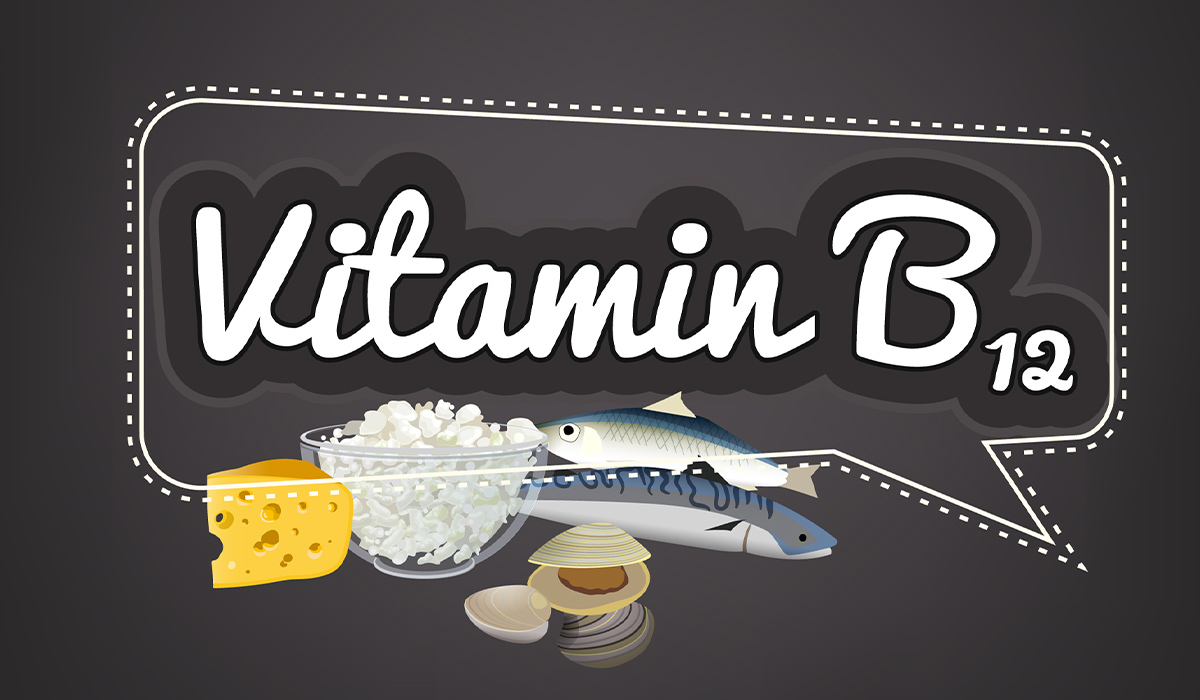
What should you eat to prevent vitamin B12 deficiency? What are the most common symptoms and who is particularly at… read more »
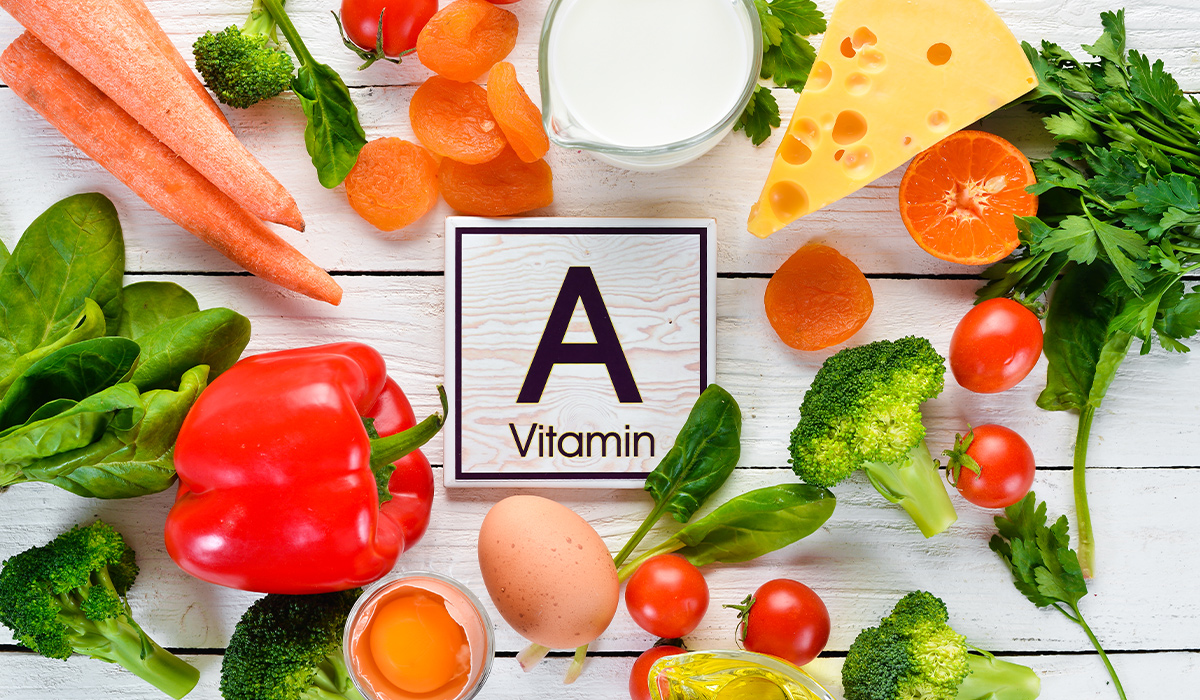
Vitamin A is one of the substances necessary for the proper functioning of the human body. Learn about its health… read more »
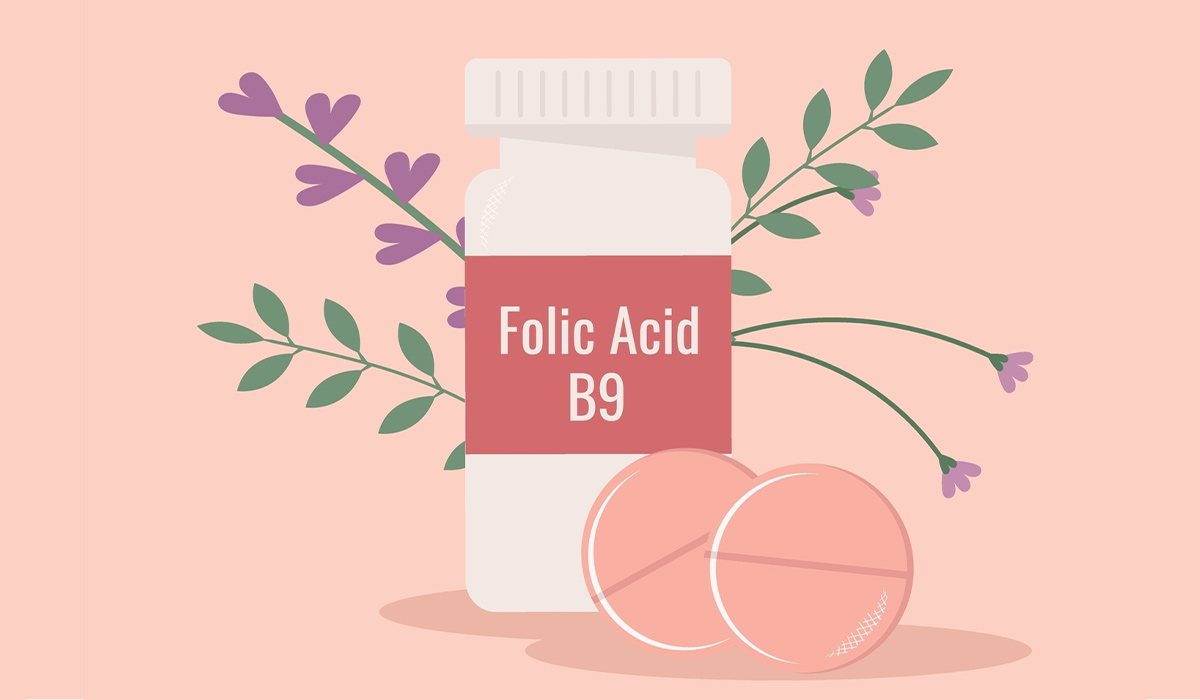
Folate (also reffered as vitamin B9) has many health benefits. Discover them all. Learn, why it is important to take… read more »
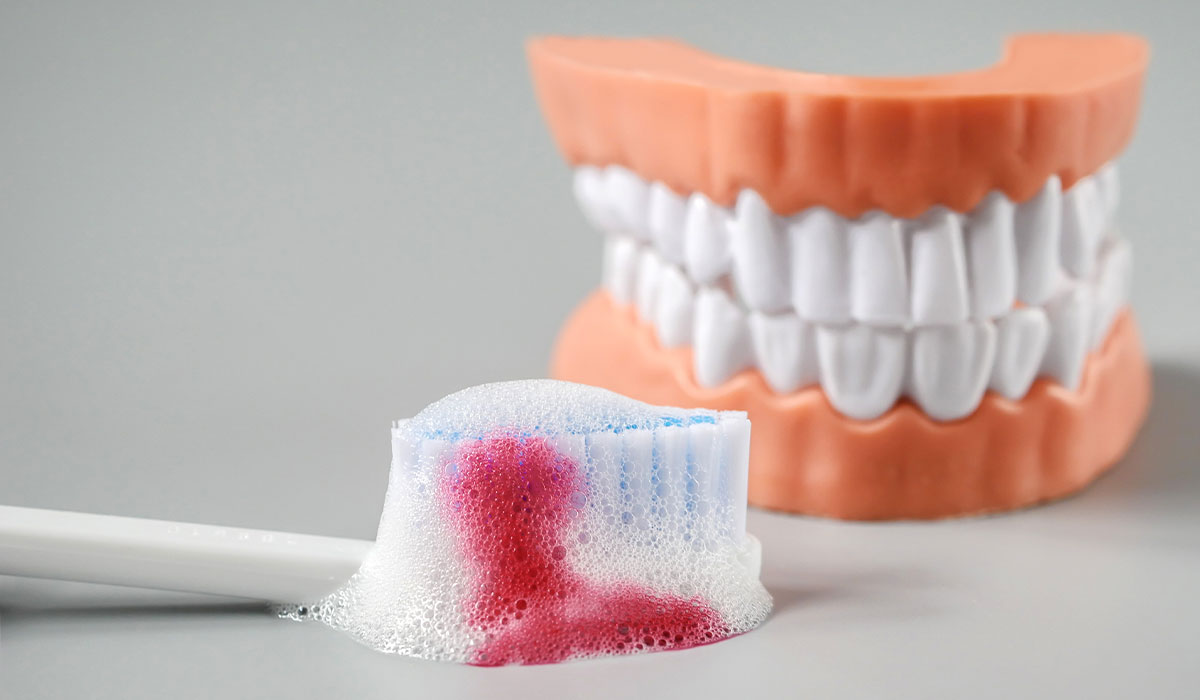
Scurvy is a disease caused by vitamin C deficiency. Its symptoms include bleeding gums, and treatment involves taking preparations with… read more »

Body needs vitamin B6 for correct functioning. Check out, where you can find this vitamin. What are the signs of… read more »

Lactic acid is an organic chemical compound used in various industries. Lactic acid bacilli are essential for health. Learn more… read more »
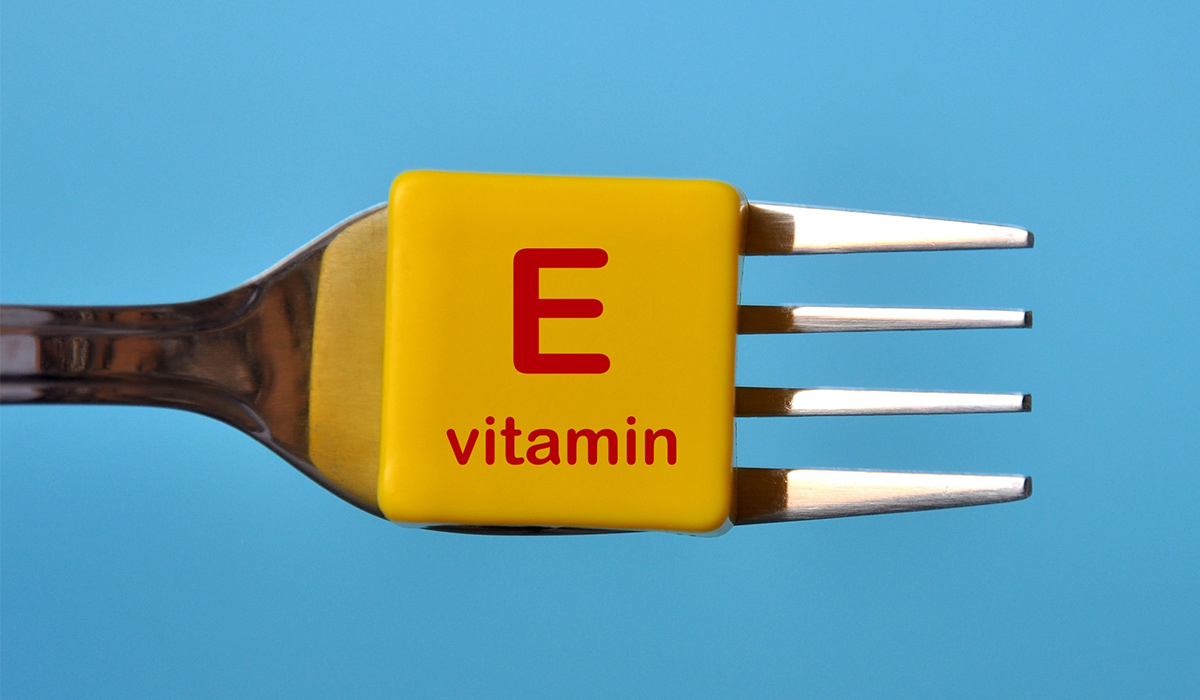
Vitamin E is a nutrient that supports the body's most basic functions. It's essential for the skin, reproduction, vision, and… read more »
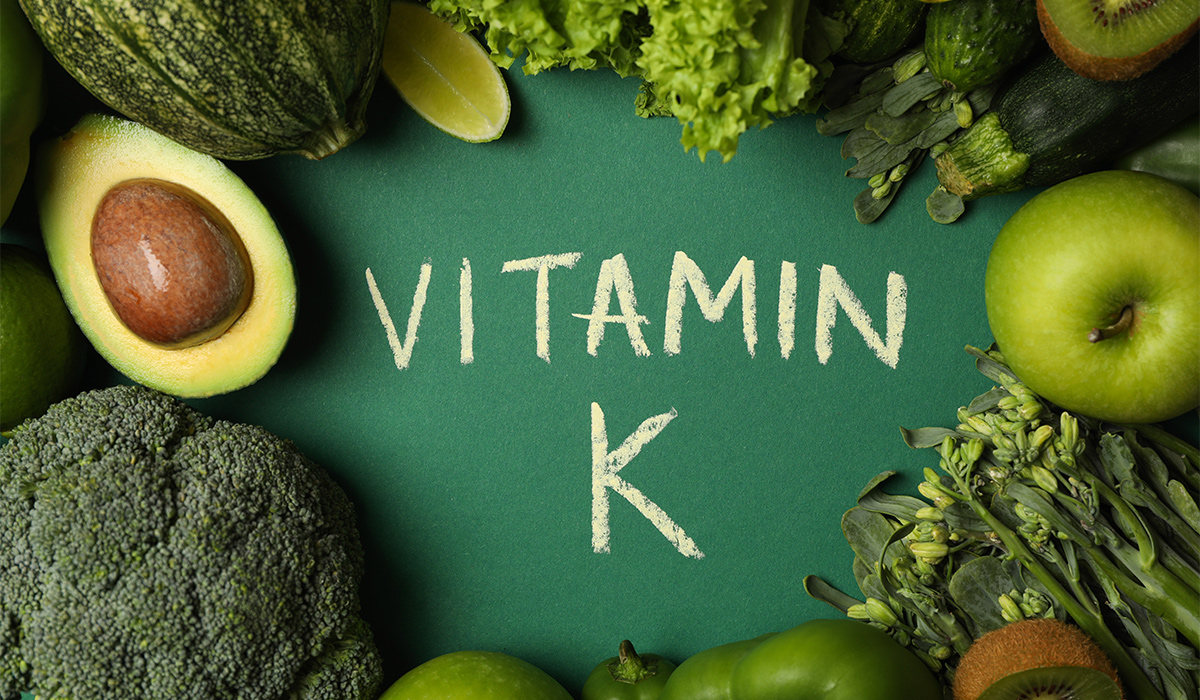
Vitamin K is a group of fat-soluble vitamins responsible for bone metabolism, blood clotting, and proper calcium levels. It is… read more »

Vitamin D is a fat-soluble nutrient the human body needs to maintain health and functionality. It is both a vitamin… read more »